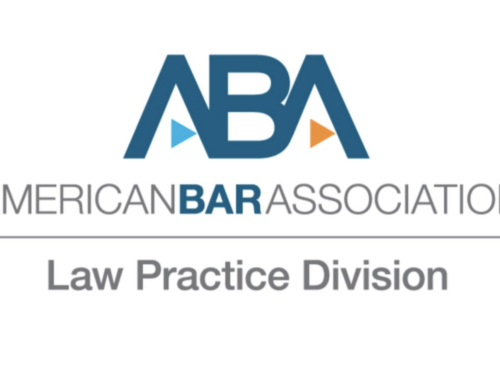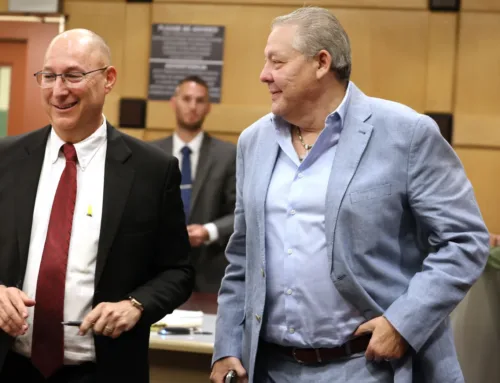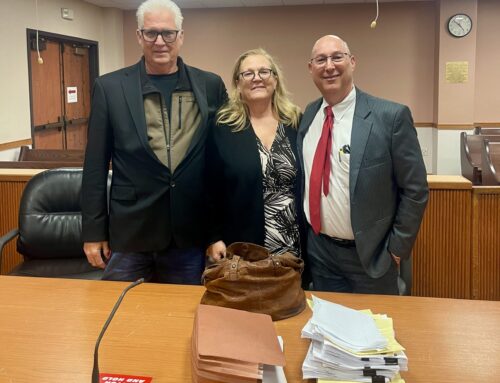Written by J. Forner
Does Leniency for Testimony Corrupt the Criminal Justice System?
I believe it does. Buying testimony, which is essentially what this practice consists of, gives criminals an incentive to fabricate the truth or completely make up information with the hope of receiving a break for their own criminal wrongdoings. A large part of our criminal justice system relies on the testimony of those who have already been caught and charged for crimes.
I believe the three judge panel of the 10th Circuit Court of Appeals got it right the first time in United States v. Singleton, when they ruled that testimony in exchange for a lighter sentence violated the federal bribery statute, and should not be allowed. The bribery statute prohibits giving something of value to a potential witness in exchange for their testimony. Being offered probation instead of hundreds of years in prison, in exchange for testimony sounds a lot like something “of value” to me. Unfortunately, in 1999, the full 10th Circuit Court of Appeal rejected the original previous ruling by the panel.
One case receiving a lot of attention involved former Broward School Board member Stephanie Kraft and her husband. In December, Stephanie was found not guilty of all charges except for official misconduct, in which she received five years of probation. Now her husband Mitchell Kraft, is in trial facing charges of unlawful compensation, bribery, and conspiracy charges. According to the prosecutor, Mr. Kraft accepted $10,000 from Bruce and Shawn Chait in exchange for an alleged break on school board development taxes.
Who are the main witnesses? You guessed it. Bruce and Shawn Chait. Without the Chait’s testimony, there would be very little case to go forward. According to criminal defense attorney Kenneth Padowitz, who defended Stephanie Kraft, and is now co-counsel in Mitchell Kraft’s trial, “The government’s case against Stephanie Kraft, and now Mitch Kraft, is heavily dependent on testimonial evidence from two individuals who received a ‘sweet-heart deal’ from the State. The greater the benefit to the witnesses for their testimony, the greater the probability that the testimony is ‘bought and paid for’ or fabricated.”
From the looks of it, and specifically in this circumstance, this is pretty hard to refute. Padowitz explains, “In the Kraft cases, these government witnesses were potentially facing over thirty charges, and hundreds of years in prison, but instead received a short term of probation. The defense maintains they would say anything for the state, even lie, to avoid prison.”
I happen to agree. Without this deal of leniency, the Chaits would not be on probation, they would be behind bars, potentially for the rest of their lives. Productive members of our society have been charged with serious crimes, substantiated mainly with the testimony of two criminals, one a convicted felon and the other didn’t even receive an adjudication. Testimony is all about credibility. How can anyone on that jury with an IQ above 70 believe a word from Bruce and Shawn Chait?
One day (hopefully sooner than later), leniency deals will be seen by society for what they are, and will no longer be used. Our country is going to look back and wonder why this injustice was allowed to continue in our courts for so long.







